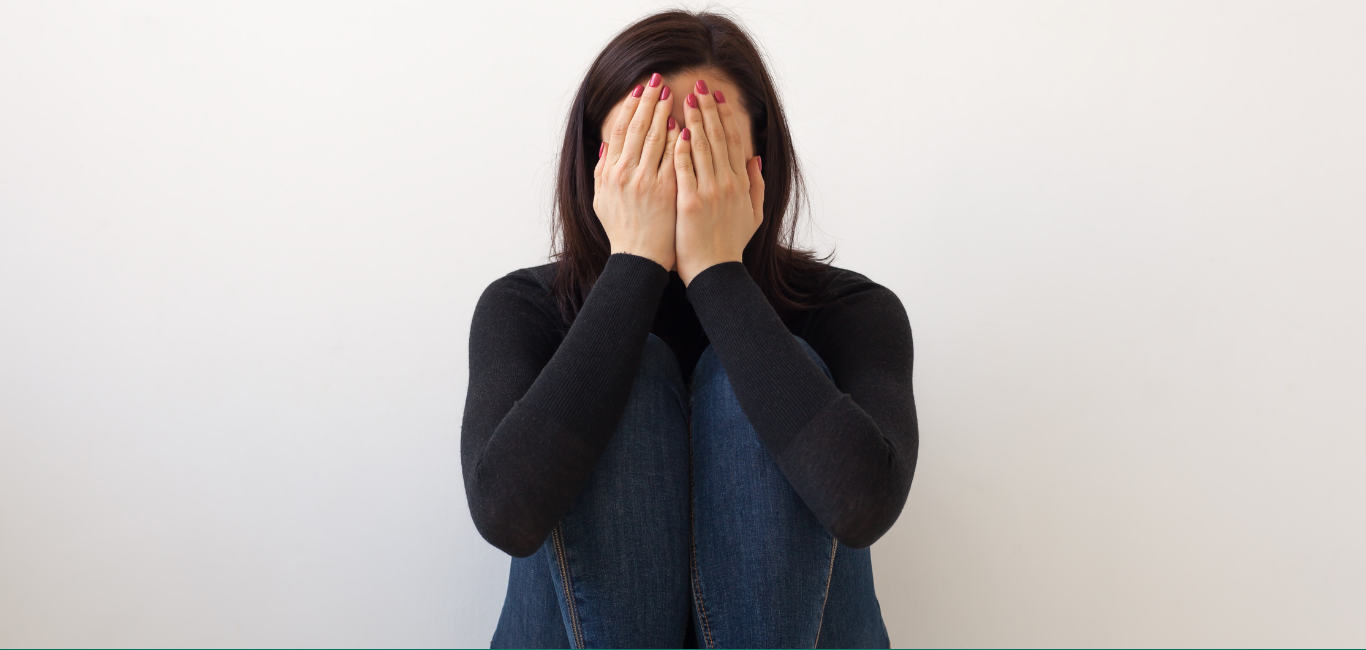
Shame is an uncomfortable emotion which everyone experiences differently. While it may look different for different people, harbouring this emotion and a deep reluctance to acknowledge it may lead to a prolonged and chronic experience of the same. Chronic shame may become incapacitating and unbearable which makes it difficult to address and live with.
Experts say that often, it can take time to confront, accept and truly understand it. According to, “A lot of times, we can make friends with emotions like anger. However, it can take a lot of time to befriend emotions like guilt and shame,” says Absy Sam, a Mumbai-based counselling psychologist.
Read more about the difference between guilt and shame here.
What does shame feel like?
According to the 2018 study done by researcher Sedighimornani, University of Bath, shame is a self-conscious emotion. A “self-conscious” emotion involves awareness and evaluation of oneself in relation to others and societal norms. This means that it includes a negative self-assessment. The research says that shame is believed to be an incapacitating emotion that is accompanied by feelings of being inferior, condemned, and ridiculed.
Moreover, this emotion may be difficult to handle when in the therapist’s room. “Shame is the kind of emotion that often may cause hinderance in therapy work. Often, the client will experience shame in even admitting that they are ashamed,” says Khushi Khandelwal, a Mumbai-based counselling psychologist.
How is shame connected to trauma?
A 2019 study led by researcher J Gale Beck and team of The University of Memphis, United States, indicates that shame can often be a common response to traumatic experiences. This happens as individuals internalise the belief that they are somehow responsible for what has happened to them. Moreover, they may feel embarrassed or ashamed of their reactions or behaviours during and after the traumatic event.
The research further shows that this can lead to feelings of guilt, and self-blame. Fear of judgement and marginalisation from the society may add to these feelings.
Additionally, it can hinder their ability to seek support and assistance, as they may feel unworthy or undeserving of help. Self-isolation and hesitation to share their experiences often hamper the healing process.
How to cope?
“I think acknowledgement of being ashamed is important.,” says Khandelwal. The next step is trying to figure out where this feeling stems from, she adds.
According to Khandelwal, often, the feeling of shame can come from the perceived judgement of others like society, parents, partners, or even an authority figure.
“It is an imposed emotion. We may be ashamed of the perception that other people might think a certain way, even if that is not true. So, it helps [if you] ask, who’s voice is that?” says Khandelwal.
Moreover, she highlights how these emotions often do not exist in isolation, they exist within a socio-cultural context. “For example, gender identities and caste identities play a role. People from minority communities often experience a lot of shame and guilt in taking up space, which is very much their own,” says Khandelwal.
Just like other uncomfortable emotions, it is important to make an ‘appointment’ with shame, to try and understand how it feels, where it resides in our bodies, and where it is coming from, adds Sam.
“Ask yourself, what happened to me? What is it that makes me feel unworthy or unaccepted? What makes me question my value as a person?” she says.
Self-compassion, too, plays a role in dealing with it. Every experience makes one an individual. Validating those experiences and giving oneself the love, warmth, embrace, and the hope that one wants to give another person going through something similar plays a huge role in dealing with the difficult emotions, says Sam.

















